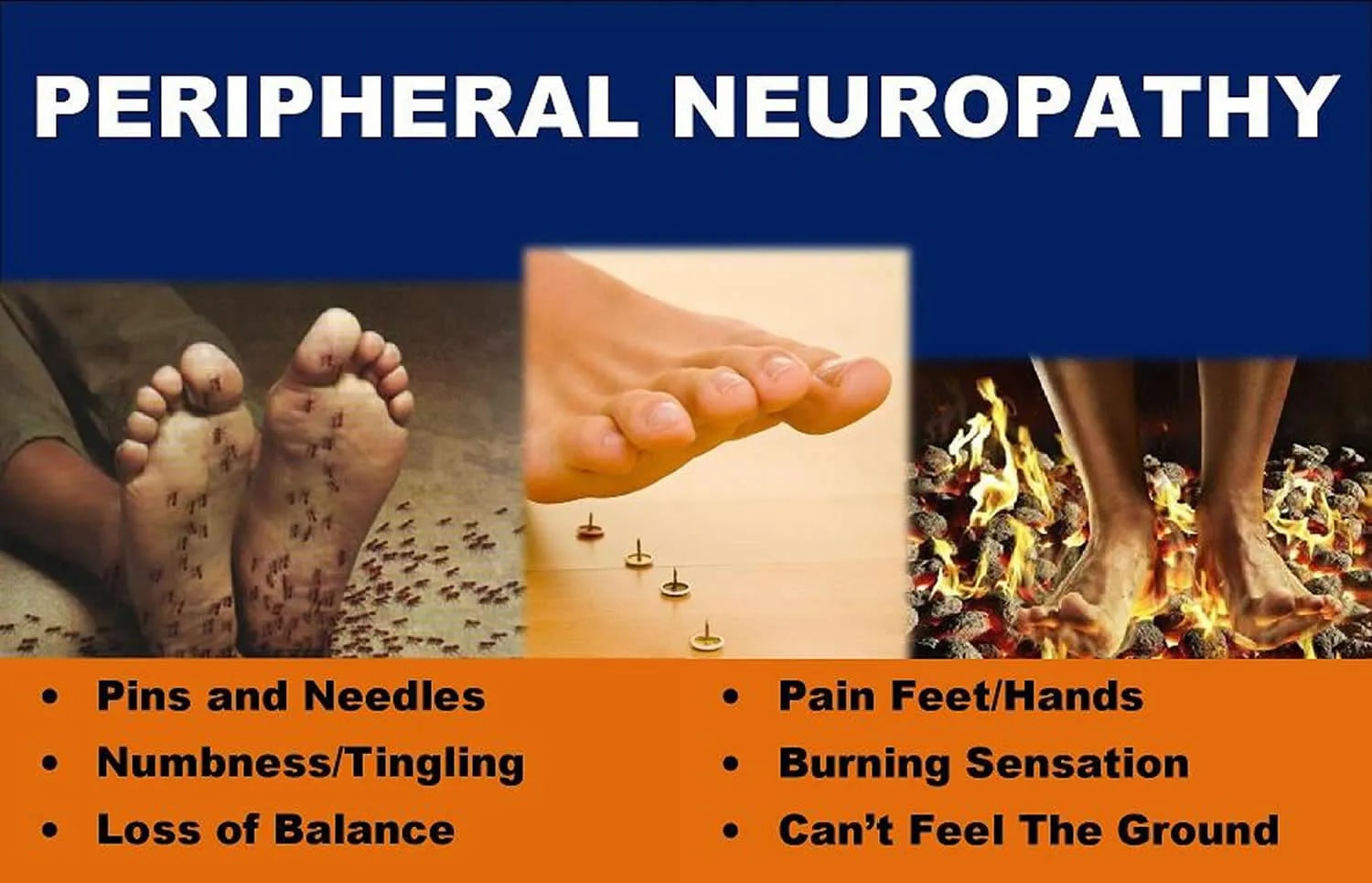Peripheral neuropathy pain can be a real challenge, disrupting daily life and making even the simplest tasks feel like a mountain to climb. But don’t worry! You’re not alone, and there are plenty of ways to manage the pain and live more comfortably.
Table of Contents
Understanding Peripheral Neuropathy
Before diving into the management tips, let’s get a better grasp of what peripheral neuropathy is. It’s a condition resulting from damage to the peripheral nerves, which are responsible for sending messages from the brain and spinal cord to the rest of your body. Symptoms can include numbness, tingling, burning sensations, and even muscle weakness. Causes vary from diabetes and infections to certain medications and injuries. Luckily, peripheral neuropathy Fort Collins treatment is available.
Lifestyle Changes: Small Adjustments, Big Impact
Stay Active
Exercise might be the last thing on your mind when you’re in pain, but staying active is crucial. Physical activity helps improve blood flow, strengthens muscles, and can even reduce pain over time. Here are some exercises that can help:
- Walking: A simple, low-impact exercise that keeps you moving without putting too much strain on your body.
- Swimming: Water provides resistance without the impact, making it an excellent option for those with peripheral neuropathy.
- Yoga: Gentle stretching and strengthening can improve flexibility and reduce stress.
Eat a Balanced Diet
What you eat can significantly impact your nerve health. A balanced diet rich in fruits, vegetables, whole grains, and lean proteins can help manage your symptoms. Consider incorporating foods high in vitamins B1, B6, B12, and E, as these are essential for nerve health. Also, try to limit alcohol and avoid smoking, as these can exacerbate symptoms.
Pain Management Techniques
Medications
There are various medications available to help manage peripheral neuropathy pain. Always consult with your doctor before starting any new medication. Common options include:
- Pain relievers: Over-the-counter options like ibuprofen or acetaminophen.
- Prescription medications: These might include anticonvulsants, antidepressants, or opioids for severe pain.
- Topical treatments: Creams and patches that contain capsaicin or lidocaine can provide localized relief.
Alternative Therapies
Sometimes, traditional medications might not provide enough relief, and that’s where alternative therapies come in. These can be used alongside your regular treatment plan for better results:
- Acupuncture: This ancient Chinese practice can help reduce pain by stimulating specific points on the body.
- Massage Therapy: Regular massages can help reduce muscle tension and improve circulation.
- Chiropractic Care: Adjustments and manipulations can help align your body and alleviate nerve pressure.
Mind-Body Techniques
Managing chronic pain isn’t just about physical treatments; your mental health plays a significant role too. Techniques like mindfulness, meditation, and deep breathing exercises can help you manage stress and reduce the perception of pain. Consider trying:
- Mindfulness Meditation: Focus on the present moment and accept your pain without judgment. It can change how you perceive pain.
- Deep Breathing Exercises: Simple breathing techniques can reduce stress and promote relaxation.
- Guided Imagery: Use visualization techniques to imagine a peaceful place or situation to distract from pain.
Creating a Comfortable Environment
Home Modifications
Your living space should be a sanctuary, not a source of discomfort. Here are some modifications you can make to create a more comfortable environment:
- Ergonomic Furniture: Invest in chairs and mattresses that provide proper support.
- Temperature Control: Keep your home at a comfortable temperature, as extreme temperatures can worsen symptoms.
- Safety Enhancements: Install grab bars in the bathroom, use non-slip rugs, and ensure good lighting to prevent falls.
Foot Care
If your peripheral neuropathy affects your feet, taking good care of them is essential. Here are some tips to keep your feet healthy:
- Regular Inspections: Check your feet daily for cuts, blisters, or any signs of infection.
- Proper Footwear: Wear shoes that fit well and provide ample support.
- Moisturize: Keep your feet hydrated to prevent cracking and dryness.
Staying Connected and Informed
Support Groups
Connecting with others who understand what you’re going through can be incredibly comforting. Support groups, whether in-person or online, provide a platform to share experiences, tips, and encouragement.
Ongoing Education
Stay informed about your condition and the latest treatment options. Medical research is constantly evolving, and new treatments are always on the horizon. Don’t hesitate to ask your healthcare provider about any new therapies or clinical trials that might be available to you.
Conclusion: Embrace a Better Quality of Life
Living with peripheral neuropathy pain is undeniably challenging, but with the right strategies and support, you can manage your symptoms and lead a fulfilling life. Remember, it’s all about finding what works best for you and making small, consistent changes. Stay active, eat well, explore various pain management techniques, and create a comfortable living environment. Most importantly, stay connected and informed – you’re not alone on this journey.
By taking proactive steps and maintaining a positive mindset, you can navigate the complexities of peripheral neuropathy and embrace a better quality of life. Here’s to living more comfortably and fully!
- From Playground to Court: Making Pickleball Fun for Kids - May 27, 2025
- Exploring Training and Skills Required to Become a Demolition Specialist - February 26, 2025
- How Hormone Replacement Therapy Can Improve Women’s Quality of Life - January 8, 2025
